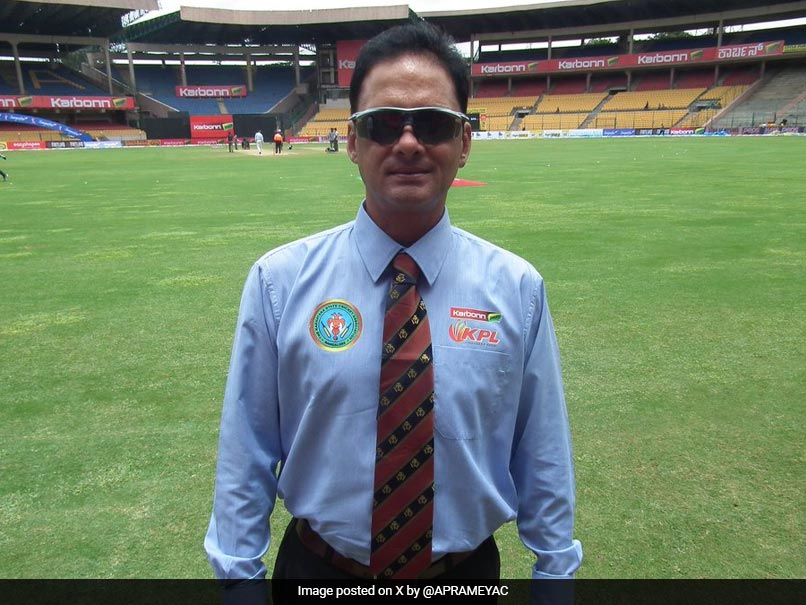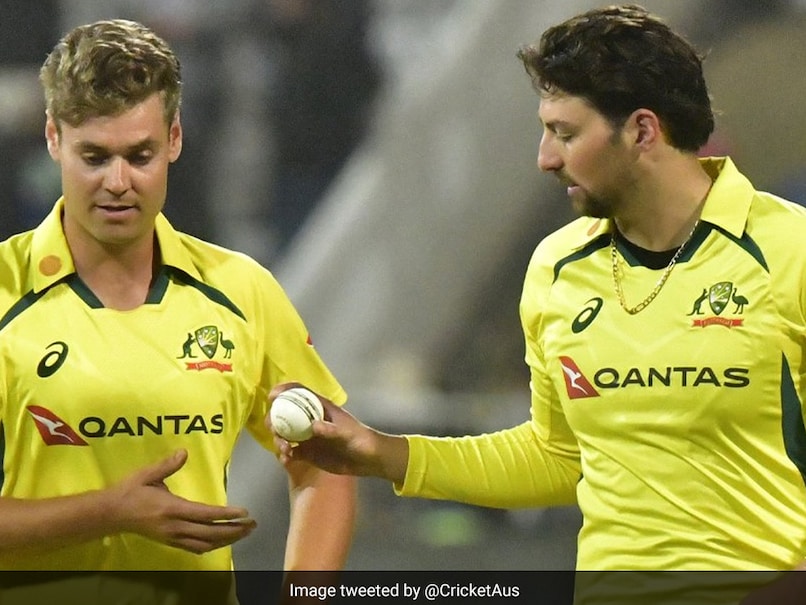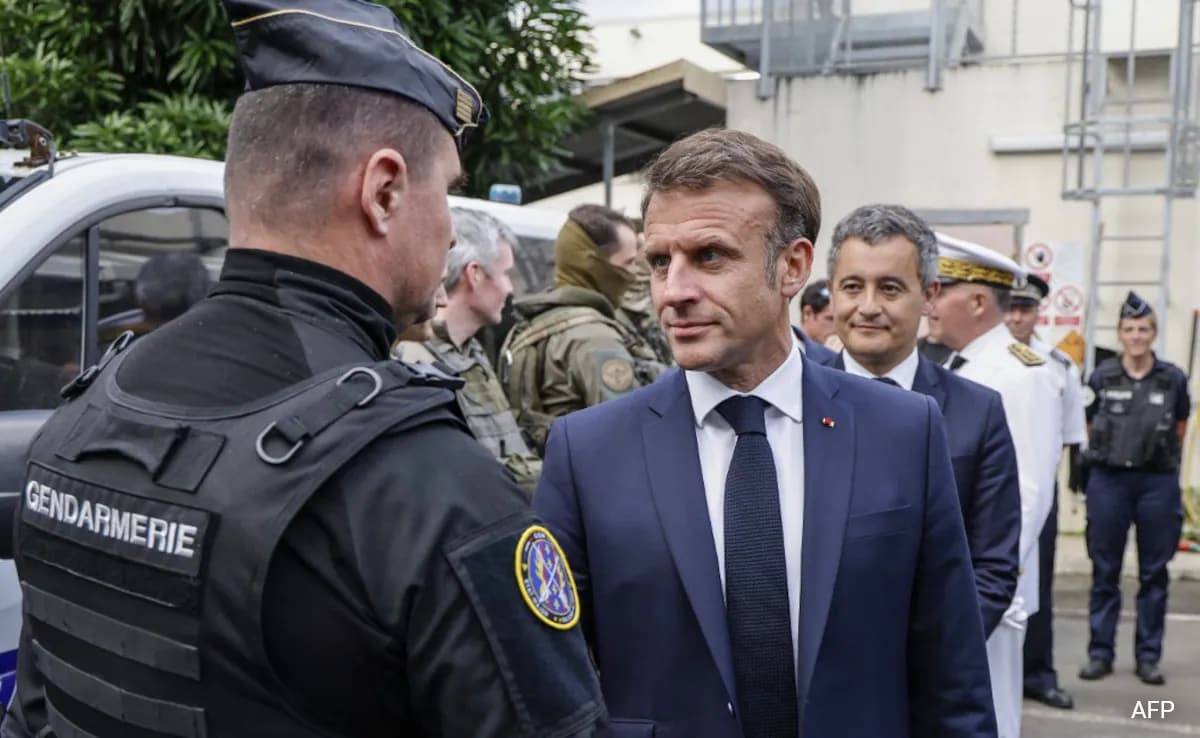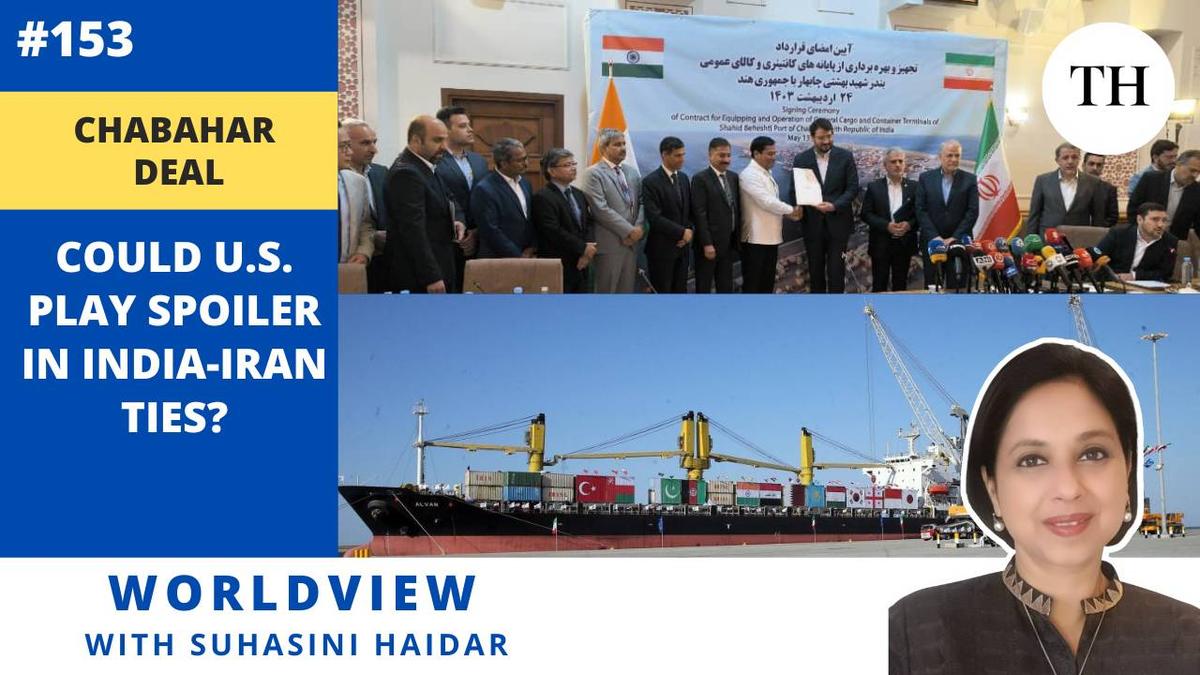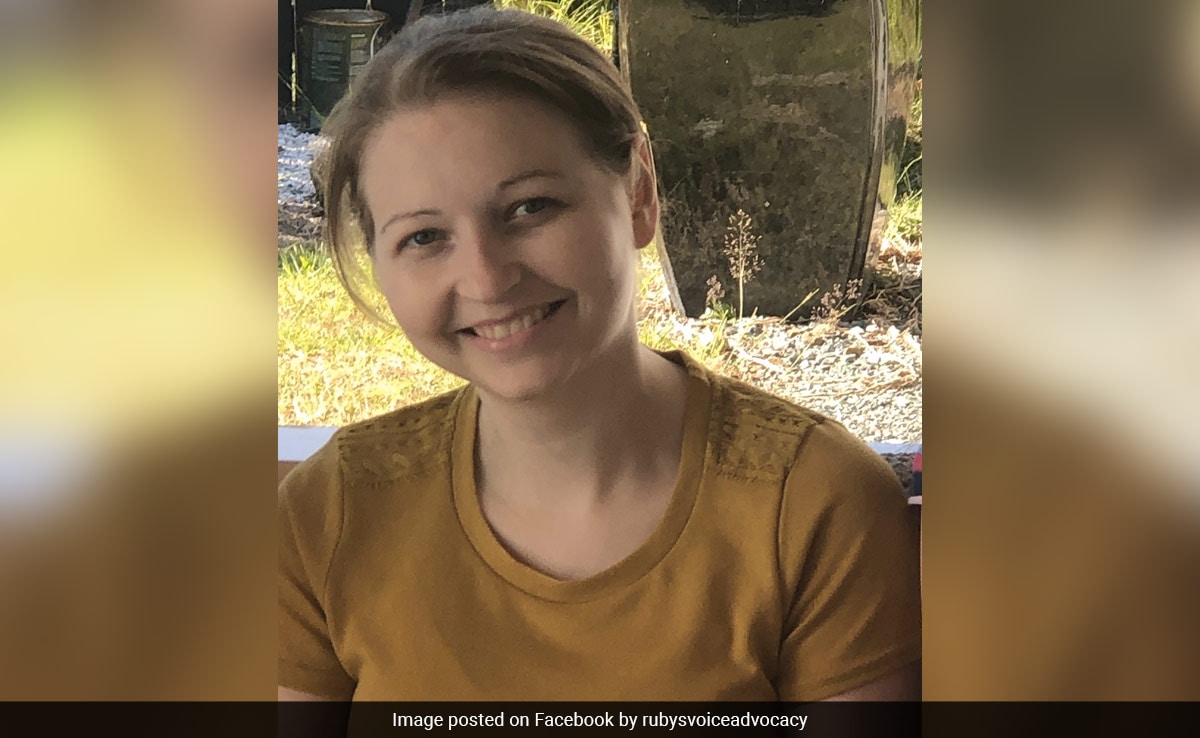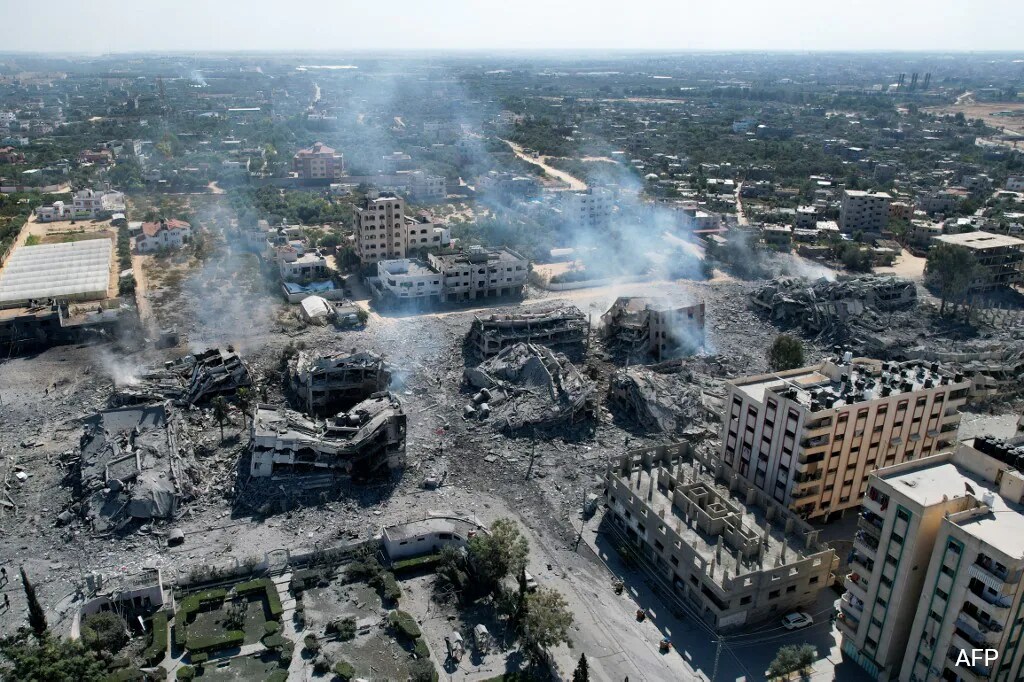Noumea:
President Emmanuel Macron landed in France’s Pacific territory of New Caledonia on Thursday, vowing to restore calm “as quickly as possible” after separatist unrest that has left six people dead and hundreds injured.
Macron arrived in the capital Noumea to meet political and business leaders on a high-stakes mission to end more than a week of looting, arson and deadly clashes that have swept the popular holiday destination.
After exiting the plane at Tontouta International Airport, the French leader said his goal was that “as quickly as possible there will be a return to peace, calm, security”.
“That is the absolute priority,” Macron said.
French authorities have sent around 3,000 troops, police and other security reinforcements to quell the turmoil, which has left the islands strewn with charred cars and the remains of burned-out schools, shops and businesses.
Police have detained 269 people since the unrest began on May 13, officials said.
Macron led a minute’s silence for the six dead, who include two police, and vowed that the security forces would remain “as long as necessary”.
The high commissioner representing France, Louis Le Franc, said the previous night had been calm.
“There has been no extra damage, but so many things have been destroyed,” he told AFP.
There have long been tensions between the Paris government and pro-independence voices among Indigenous Kanaks, who make up about 40 percent of the population.
Kanak roadblocks
The archipelago’s deadliest unrest in four decades was sparked by French plans to give voting rights to thousands of non-indigenous residents, something Kanaks say would dilute the influence of their own votes.
AFP correspondents said Kanaks were still manning reinforced roadblocks on the day of Macron’s visit, flying pro-independence flags and displaying protest banners against the electoral reform.
After flying 17,000 kilometres (10,500 miles) from mainland France, Macron was expected to spend about 12 hours on the ground.
He last visited New Caledonia in July 2023, on a trip that was boycotted by Kanak representatives.
The pro-independence FLNKS party said roadblocks would be strengthened and “welcome committees” set up to greet the president, backed by the CCAT activist group that has organised protests against voting reform.
The CCAT said it would block major routes leading to the north of the island throughout the day on Thursday.
“I don’t know why our fate is being discussed by people who don’t even live here,” said Mike, a 52-year-old Kanak at a roadblock north of the capital, on the eve of Macron’s arrival.
Armed locals, of French and other origins, have set up their own neighbourhood barricades.
France last week imposed a state of emergency leading to house arrests of Kanak militants, a nighttime curfew, and bans on TikTok, gatherings, the sale of alcohol and the carrying of weapons.
The 12-day crisis measure will not be extended if all sides call for an end to the blockades, Macron said as he announced plans for a task force to deal with the situation.
Tourists trapped
Trapped tourists have begun to flee the turmoil.
Australia said 187 people had been flown back to the country. New Zealand has also repatriated scores of tourists through the domestic Noumea Magenta Airport.
Further tourist evacuation flights will be organised when the international airport reopens to commercial flights, which the operator expects to happen on Saturday.
New Caledonia has on three occasions rejected independence in referendums. The last of those ballots took place during the Covid-19 pandemic and was boycotted by Kanaks who fiercely oppose French rule.
The plan to give a vote to those who have lived in the territory for at least 10 years has exacerbated Kanak resentment but is widely backed by pro-France representatives.
Macron ruled out going back on the result of the referendums, saying peace could not come at the cost of ignoring the will of the people or “somehow denying the road that has already been taken”.
One option open to Macron would be to delay the voting rights bill, which has been approved by the lower house but still needs to be ratified by a congress of both French houses of parliament.
(Except for the headline, this story has not been edited by NDTV staff and is published from a syndicated feed.)
Waiting for response to load…


